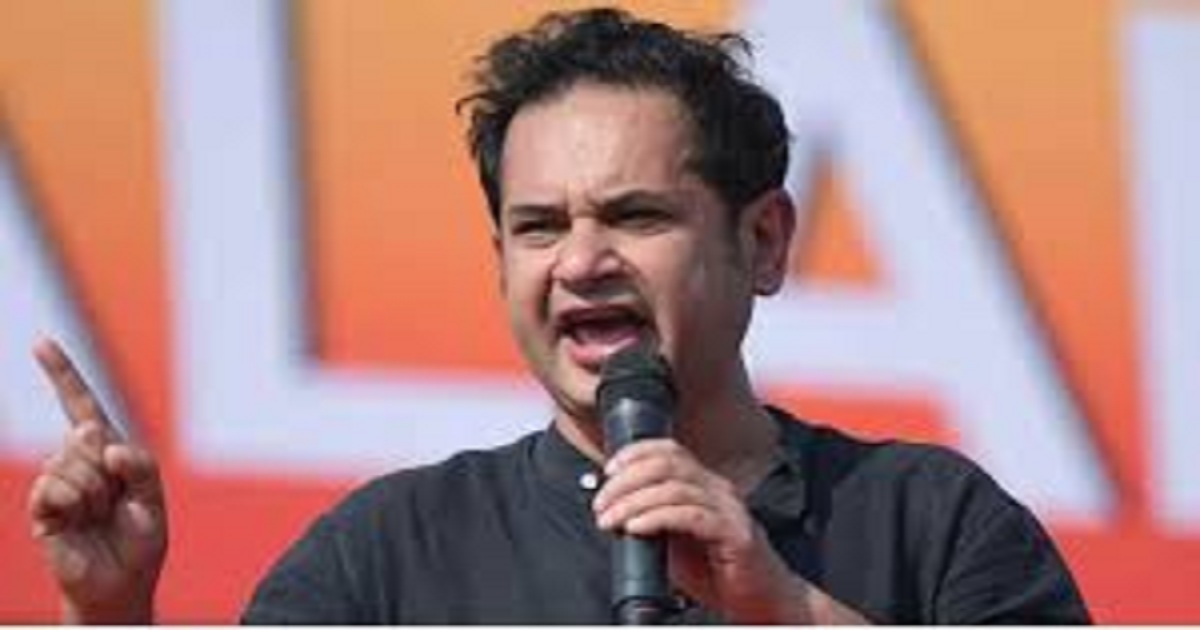Pradyot Kishore to Launch Unified Tribal Regional Party with Northeast Leaders Amidst TIPRA Motha's Waning Influence in Tripura
By Our Correspondent
Agartala, July 17, 2025
 In a major political development in the Northeast, TIPRA Motha founder and royal scion Pradyot Kishore Debbarma is preparing to announce a new regional political party comprising tribal leaders from all eight northeastern states. This initiative aims to consolidate tribal political voices under a single platform and is seen as a strategic shift in his larger political aspirations.
In a major political development in the Northeast, TIPRA Motha founder and royal scion Pradyot Kishore Debbarma is preparing to announce a new regional political party comprising tribal leaders from all eight northeastern states. This initiative aims to consolidate tribal political voices under a single platform and is seen as a strategic shift in his larger political aspirations.
A key meeting in this regard was held recently in New Delhi, where several tribal political leaders from the region gathered in the presence of Meghalaya Chief Minister Conrad Sangma. Sources say the event marked the beginning of serious discussions on forming a new, influential regional political outfit that could challenge the national parties on matters affecting the indigenous communities of the Northeast.
In Tripura, however, TIPRA Motha's solo performance as a regional party has not yielded significant success. Despite gaining control of the Tripura Tribal Areas Autonomous District Council (TTAADC), the party has been facing growing internal dissent and public criticism.
Pradyot Kishore's broader political goal becoming the Chief Minister of Tripura faces a demographic roadblock in a state where nearly 69% of the population is Bengali. Relying solely on tribal votes and regional party strength seems insufficient for this ambition.
As Pradyot Kishore has consistently identified himself as a tribal leader working solely for the upliftment of tribal communities, it is natural that many non-tribals are not fully comfortable with his political approach. In contrast, both tribal and non-tribal sections of the population seem more supportive of inclusive tribal leaders like Jitendra Chowdhury, Rebati Tripura, and even Animesh Debbarma, who are seen as representing broader interests beyond narrow ethnic lines.
Many top leaders within TIPRA Motha now privately acknowledge the impracticality of their "Greater Tipraland" demand, which once galvanized their support base.
The slogan of “tribal deprivation” also appears to be losing traction, as disillusionment grows among the tribal population living under TIPRA Motha-led ADC administration. Critics point out that while the party leadership has enjoyed significant benefits, ground-level development for the common tribal people has remained minimal. Job opportunities and project implementations are allegedly cornered by party loyalists.
Furthermore, TIPRA Motha has repeatedly accused the state government of inadequate funding, using this as a shield to deflect criticism. However, many believe that this narrative is a political smokescreen, and the actual mismanagement lies within the party’s own governance in the ADC.
As disappointment among the tribal electorate rises, a noticeable drift away from TIPRA Motha is becoming evident. Realizing this, Pradyot Kishore has turned to a larger political formula, uniting tribal leadership across the Northeast to form a powerful regional alliance that can confront Delhi with stronger bargaining power.
To maintain political momentum in Tripura, TIPRA Motha is alleged to be resorting to creating unrest, raising issues like land rights for tribals, fund deprivation in the ADC, and expulsion of so-called foreigners. These recurring agitations are seen by many as calculated attempts to provoke instability in the state.
Although the BJP no short of a full majority in the Tripura Legislative Assembly, the ruling party is reportedly adopting a silent tolerance toward TIPRA Motha’s actions to avoid further political complications. However, this silence is proving costly for the peace-loving tribal and non-tribal citizens of Tripura.
Frequent clashes between BJP and TIPRA Motha, lockouts of District Magistrate offices, and undemocratic demands have created a volatile atmosphere rarely seen in other Indian states.
Observers believe that unless the central leadership intervenes decisively, the situation may spiral further, affecting not only the political balance but also the everyday lives of Tripura’s people.
more news...